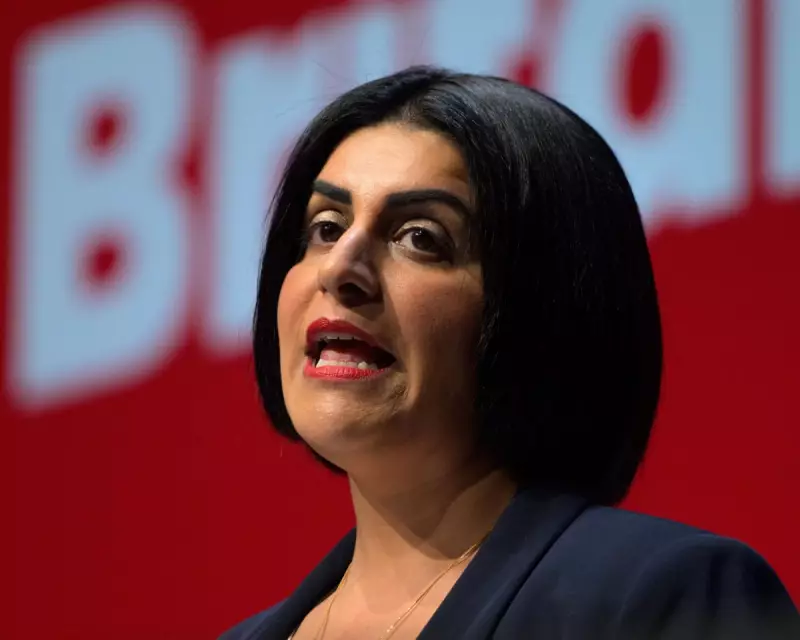
In a blistering parliamentary confrontation that has sent shockwaves through Westminster, Labour's Shadow Justice Secretary Shabana Mahmood has launched an extraordinary attack on Nigel Farage, labelling the Reform UK leader "worse than a racist" for his deployment of what she describes as dangerous "dog-whistle" politics.
The Westminster Explosion
The political firestorm erupted during a heated Commons debate where Mahmood didn't hold back in her condemnation of Farage's rhetorical tactics. "This isn't just about racism," she declared, her words echoing through the chamber. "It's about something more insidious - the deliberate use of coded language that poisons our political discourse and threatens the very fabric of our society."
Dog-Whistle Politics Under the Microscope
Mahmood's critique centres on what she identifies as Farage's calculated use of language that appears reasonable on the surface but contains hidden messages designed to appeal to prejudiced sentiments. "These aren't accidental slips of the tongue," she emphasised. "They're carefully crafted messages meant to signal one thing to the general public while whispering something entirely different to those with extremist views."
The Labour frontbencher argued that this approach represents a greater danger than overt racism because it operates in the shadows, making it harder to challenge while still achieving the same divisive outcomes.
The Broader Political Context
This confrontation comes at a critical juncture in British politics, with Reform UK gaining ground in recent polls and traditional party allegiances shifting. Mahmood's intervention signals Labour's determination to confront what they see as dangerous political tactics head-on, rather than allowing them to become normalised in public discourse.
Why This Matters Now
- Rising tensions in multicultural communities across Britain
- Increasing concern about polarised political rhetoric
- Growing debate about the boundaries of acceptable political discourse
- Potential impact on social cohesion and community relations
The Response and Fallout
While Farage's camp has yet to issue a formal response to Mahmood's specific allegations, the Reform UK leader has consistently defended his right to speak frankly on issues of immigration and national identity. However, critics argue that his language frequently crosses the line from frank discussion into territory that legitimises prejudice.
"When political leaders use coded language to appeal to the worst instincts in society, they bear responsibility for the consequences," Mahmood stated, her voice firm with conviction. "This isn't about limiting free speech - it's about calling out manipulation when we see it."
Looking Ahead
This dramatic exchange sets the stage for what promises to be a fiercely contested period in British politics. As parties position themselves for future electoral battles, the debate over acceptable political rhetoric seems certain to intensify, with Mahmood's intervention marking a significant escalation in Labour's approach to confronting Farage and his political methods.
The coming weeks will reveal whether this confrontation represents a turning point in how mainstream politicians address what they perceive as dog-whistle politics, or simply another fiery moment in Westminster's ongoing culture wars.






